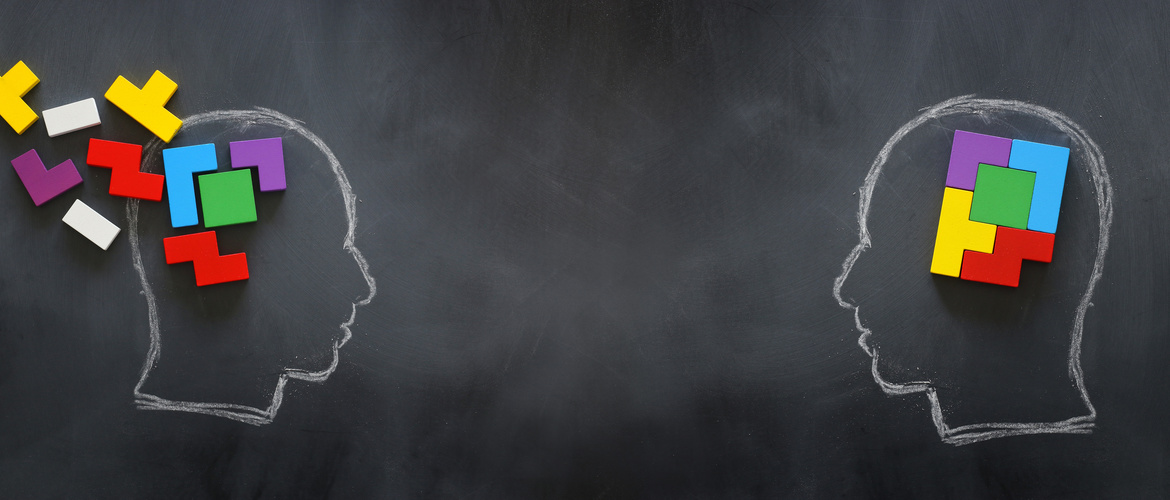
Choose a channel
Check out the different Progress in Mind content channels.

Progress in Mind

General psychiatrists should ask the question “could this be attention deficit hyperactivity disorder (ADHD)?” when faced with any psychiatric patient, was the important message from this EPA2020 satellite symposium. Around 20% of general psychiatric outpatients will have a comorbid diagnosis of ADHD, and more than 50% of adults with ADHD have at least one comorbid psychiatric condition. Recognizing ADHD and offering treatment are key, as medication improves outcomes.
51.7% of ADHD patients had ≥1 comorbid psychiatric condition
Duncan Manders (Royal Hospital for Sick Children, Edinburgh, UK) explained that ADHD is not just a childhood diagnosis, and adults can present for the first time, often with psychiatric symptoms.
ADHD coexists with other psychiatric conditions
Peter Mason (Private Practice, Liverpool, UK) discussed a study of adults at time of first diagnosis of ADHD1. 66.2% had ≥1 comorbid psychiatric condition, with an average of 2.4 comorbidities. The WHO World Mental Health Surveys gave similar results2, showing 51.7% of ADHD patients had ≥1 comorbid psychiatric condition and 14.4% had 3 or more.
15% to 22% of adult general psychiatric outpatients have ADHD plus another psychiatric diagnosis
15% to 22% of adult general psychiatric outpatients have ADHD plus another psychiatric diagnosis3,4, the most common being depression.
Why do many adults with ADHD remain un- or misdiagnosed?
A European Consensus Statement suggests the reasons many adults with ADHD remain un-or misdiagnosed include5:
Many adults with ADHD remain un- or misdiagnosed
Symptoms of ADHD can overlap with those of other related disorders6, but ADHD may also coexist with other disorders.
Mood disorders and ADHD
Professor Greg Mattingly (Washington University School of Medicine, USA) focused on comorbidity of mood disorders and ADHD. Major depressive disorder (MDD) and ADHD share common features:
How to recognize and diagnose
ADHD should be considered if a patient with another psychiatric condition is not responding to treatment as expected. As comorbidity is the rule rather than the exception, assessment of adult ADHD should always include evaluation of co-occurring symptoms. With coexisting psychiatric conditions it is important to differentiate level of impairment due to ADHD.
Various screening tools are available9. ‘Red flags’ on assessment include excessive risk-taking, problems with self-regulation, and difficulties with relationships. Childhood, family and collaborative history are important.
Treatment of ADHD and comorbid conditions
When ADHD is associated with a comorbid disorder, the more severe disorder is generally treated first. Often the treatments can be combined. Mild anxiety and depressive disorders can be treated after ADHD, as comorbid symptoms may improve upon treatment of ADHD. Consider the most important need for each individual patient, in consultation with them.
Why should ADHD be treated?
It is important to recognize ADHD and offer treatment as outcomes are improved
ADHD has poorer long-term outcomes compared to those without ADHD, including higher mortality rate10, which increases with additional comorbidities11. It is important to recognize ADHD, and offer treatment, as improved outcomes include obesity, self-esteem, and social functioning12. Available ADHD medications have been shown to be efficacious and tolerable for adults diagnosed with ADHD13.
Educational financial support for this Satellite symposium was provided by Takeda.
Our correspondent’s highlights from the symposium are meant as a fair representation of the scientific content presented. The views and opinions expressed on this page do not necessarily reflect those of Lundbeck.